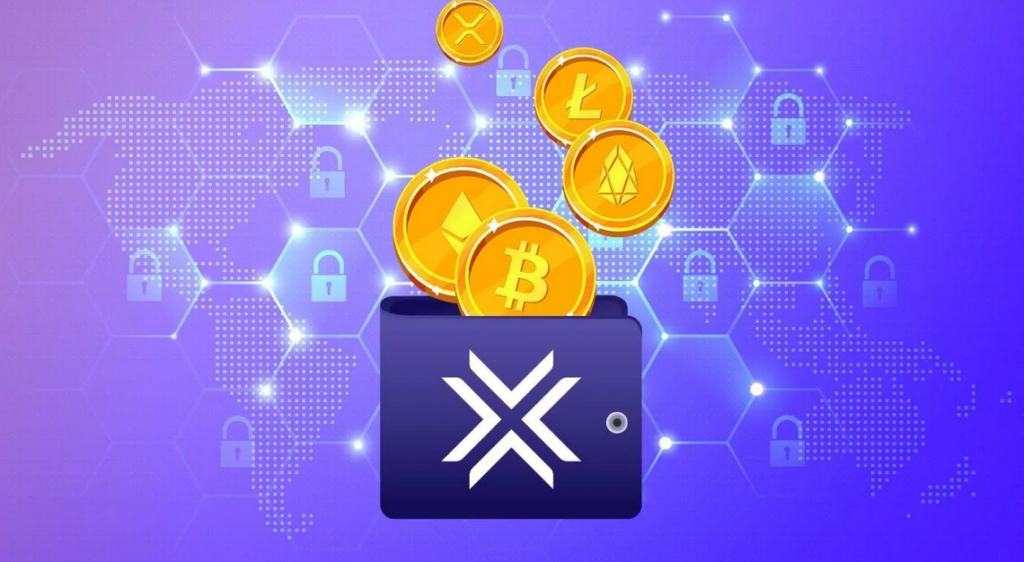In the fast-paced world of cryptocurrency, safeguarding your digital assets is paramount. As experts in the field, we understand the critical importance of employing Exodus cold storage best practices to fortify the security of your investments. In this comprehensive guide, we delve into the intricacies of safeguarding your digital wealth, providing invaluable insights for individuals seeking the highest level of protection.
Table of Contents
- The Significance of Cold Storage
- Best Practices for Exodus Cold Storage
- Conclusion
- FAQs
- Why is cold storage crucial for protecting cryptocurrency assets?
- What advantages does Exodus cold storage offer over other wallets?
- How can I enhance the security of my Exodus wallet during setup?
- Why is two-factor authentication (2FA) recommended for Exodus wallet users?
- What role do hardware wallets play in Exodus cold storage best practices?
The Significance of Cold Storage
Why Cold Storage?
Cold storage is the pinnacle of security in the cryptocurrency realm. Unlike hot wallets connected to the internet, cold storage solutions keep your private keys offline, rendering them impervious to cyber threats such as hacking and phishing attacks. The uncompromising nature of cold storage ensures that your assets remain beyond the reach of malicious actors.
The Exodus Advantage
Embracing Exodus cold storage elevates your security posture to unparalleled levels. Exodus, a renowned cryptocurrency wallet, offers users a seamless and user-friendly experience while prioritizing the protection of digital assets. Let’s explore the best practices for leveraging Exodus cold storage effectively.

Best Practices for Exodus Cold Storage
1. Setting Up Your Exodus Wallet Securely
When initiating your Exodus wallet, prioritize security from the outset. Generate a robust passphrase comprising a mix of uppercase and lowercase letters, numbers, and symbols. This serves as your first line of defense against unauthorized access.
2. Utilizing Hardware Wallets for Added Security
For an extra layer of protection, consider integrating a hardware wallet into your Exodus setup. Hardware wallets, such as Trezor or Ledger Nano, provide an offline environment for storing your private keys, enhancing the overall security of your digital assets.
3. Periodic Backup of Your Wallet
Regularly backing up your Exodus wallet ensures that, in the event of unforeseen circumstances such as device failure or loss, you can effortlessly restore your assets. Follow Exodus’ straightforward guidelines to create and securely store your backup phrase in multiple secure locations.
4. Enabling Two-Factor Authentication (2FA)
Heighten the security of your Exodus wallet by enabling two-factor authentication. This additional layer of verification ensures that even if unauthorized individuals gain access to your password, they would still need a secondary authentication method, bolstering the overall security of your holdings.
5. Keeping Software Updated
Stay one step ahead of potential vulnerabilities by regularly updating your Exodus wallet software. Exodus prioritizes security and continually releases updates that patch known vulnerabilities, ensuring your wallet remains resilient to emerging threats.
Conclusion
In the ever-evolving landscape of cryptocurrency, safeguarding your assets is not just a priority—it’s a necessity. By adopting the Exodus cold storage best practices outlined in this guide, you fortify your defenses against the myriad threats lurking in the digital realm.
Remember, your financial well-being is in your hands. Invest the time and effort into securing your digital assets with the diligence they deserve, and let Exodus be your steadfast companion on this journey of financial empowerment.

FAQs
Why is cold storage crucial for protecting cryptocurrency assets?
Cold storage provides an offline solution for storing private keys, safeguarding them against online threats like hacking and phishing attacks. This added layer of security is paramount in the cryptocurrency landscape.
What advantages does Exodus cold storage offer over other wallets?
Exodus stands out for its user-friendly interface and robust security features. Users benefit from a seamless experience while prioritizing the protection of their digital assets. Explore the article for detailed insights into the advantages of Exodus cold storage.
How can I enhance the security of my Exodus wallet during setup?
The article suggests generating a strong passphrase during the Exodus wallet setup, incorporating a mix of uppercase and lowercase letters, numbers, and symbols. This initial step significantly contributes to the wallet’s overall security.
Why is two-factor authentication (2FA) recommended for Exodus wallet users?
Enabling 2FA adds an extra layer of verification, requiring a secondary authentication method even if someone gains access to your password. Learn more about how 2FA strengthens the security of your Exodus wallet in the detailed guide.
What role do hardware wallets play in Exodus cold storage best practices?
Hardware wallets, such as Trezor or Ledger Nano, offer an additional layer of security by providing an offline environment for storing private keys. The article elaborates on how integrating a hardware wallet can enhance the overall security of your digital assets.





